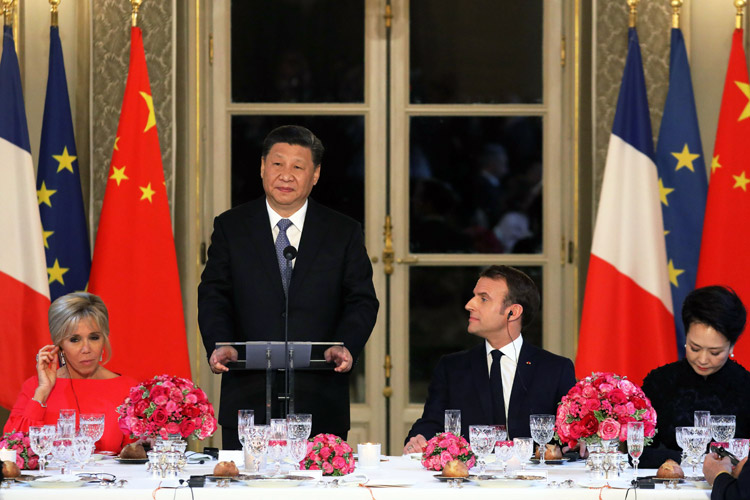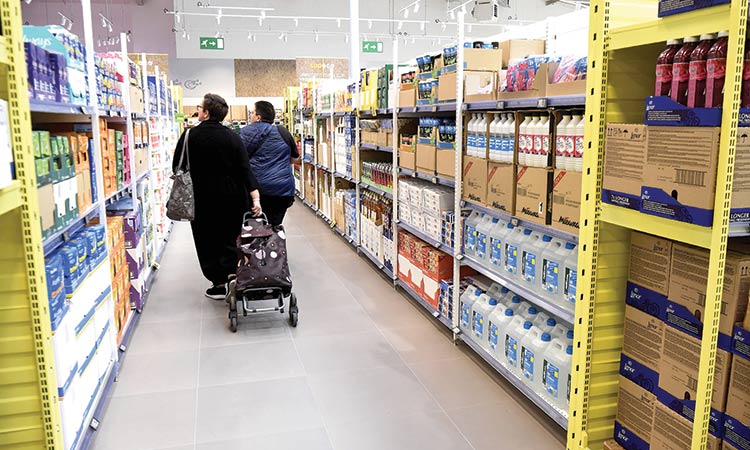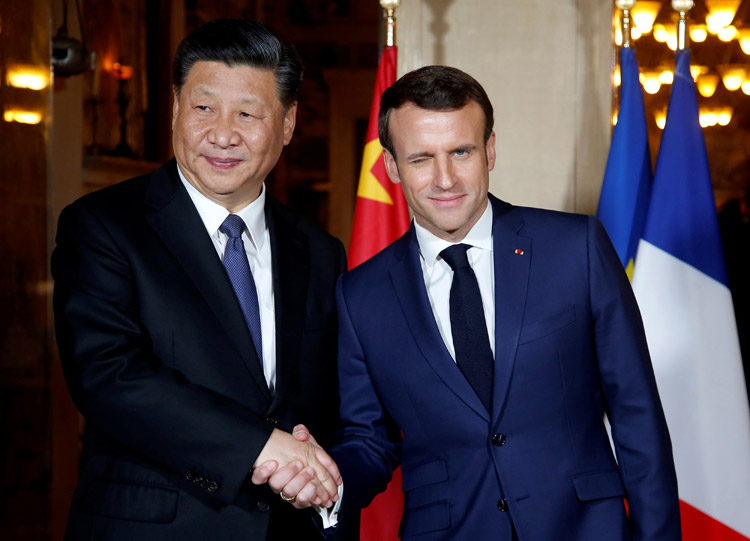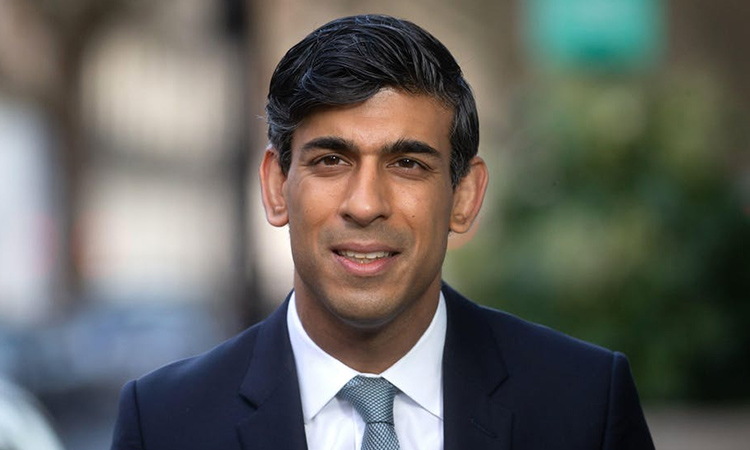Vote pattern sparks French dilemmas

Posters with images or names of local candidates for the first round of the 2024 French legislative elections displayed in front of the local town hall in Port-en-Bessin-Huppain, Normandy, France. Reuters
There was an apparent sigh of relief that the far-right National Rally (RN), led by Marine Le Pen, with its in-your-face anti-immigrant, anti-European stance and its allies have won 33 per cent of the votes in the elections on Sunday to the National Assembly. But it has caused enough flutter. The one thing that most of the French political parties – the far left, the traditional left, the socialists and the centrists -- and politicians do not want is the RN forming a government because they feel that it would mar the reputation of France as a land of liberty, equality and fraternity.
It is true that RN is less phlegmatic that it was. It has distanced itself from anti-Semitism, which was its calling card not too long ago. The 33 per cent vote in the first round means that the RN and its allies are as far from forming government as they ever were. The left-wing bloc has won 28 per cent of vote, ahead of President Emmanuel Macron’s centrists with their 20 per cent. The other parties can hold back the RN and its allies from forming the government. Now France will go into the second or final round next Saturday, and it would require the rest of the political parties to get together to keep the RN and its allies at bay. But it is not as yet a done thing. According to a survey agency, there is a possibility of a three-cornered contest in 306 of 577 seats. This would result in a hung parliament, and it would not enable Macron to push his legislation through. The left-wing New Popular Front and Macron’s Renaissance Party have decided not to field separate candidates if there is a winnable candidate.
The split in the voters by age group is significant. The left-wing alliance had won 48 per cent of the vote in the 18-24 age group, and 38 per cent of the 25-34 years old. The RN had won 33 per cent among the 18-24 years old, and 32 per cent among the 25-34 years old. But the largest vote for the far-right came in the older age group of 50-59 years old.
So, it points in a way that the RN has not yet won over the younger segment of the population. The one argument that can appeal to the younger generation is that the immigrants are stealing the jobs that belong to the youth. But the young know better. They know it is the glaring economic inequality in the French society that is one of the root causes of economic distress in the country.
But contradictions remain. The far-left led by France Unbowed of Jean-Luc Melenchon is fiercely opposed to the traditional left as well as the Macron centrists as it is to the far-right. It is a friction between the far-left and the other non-right parties that can prove to be fatal for the parties and politicians opposed to the RN. The reason Macron called for the snap elections last month was the success of the RN in the European Parliament elections, where it beat Macron’s centrists.
He saw a clear threat to France in the rise of the far-right, and he felt that RN negated the idea of France which was rooted In the ideas of the French Revolution. On the face of it, the French polity is a picture of commotion and confusion. It looks as though France is trying to find itself, and keep to what it believes to be its civilizing mission. But beneath the surface, the French politicians are struggling to live up to the ideals of the Revoluton.







